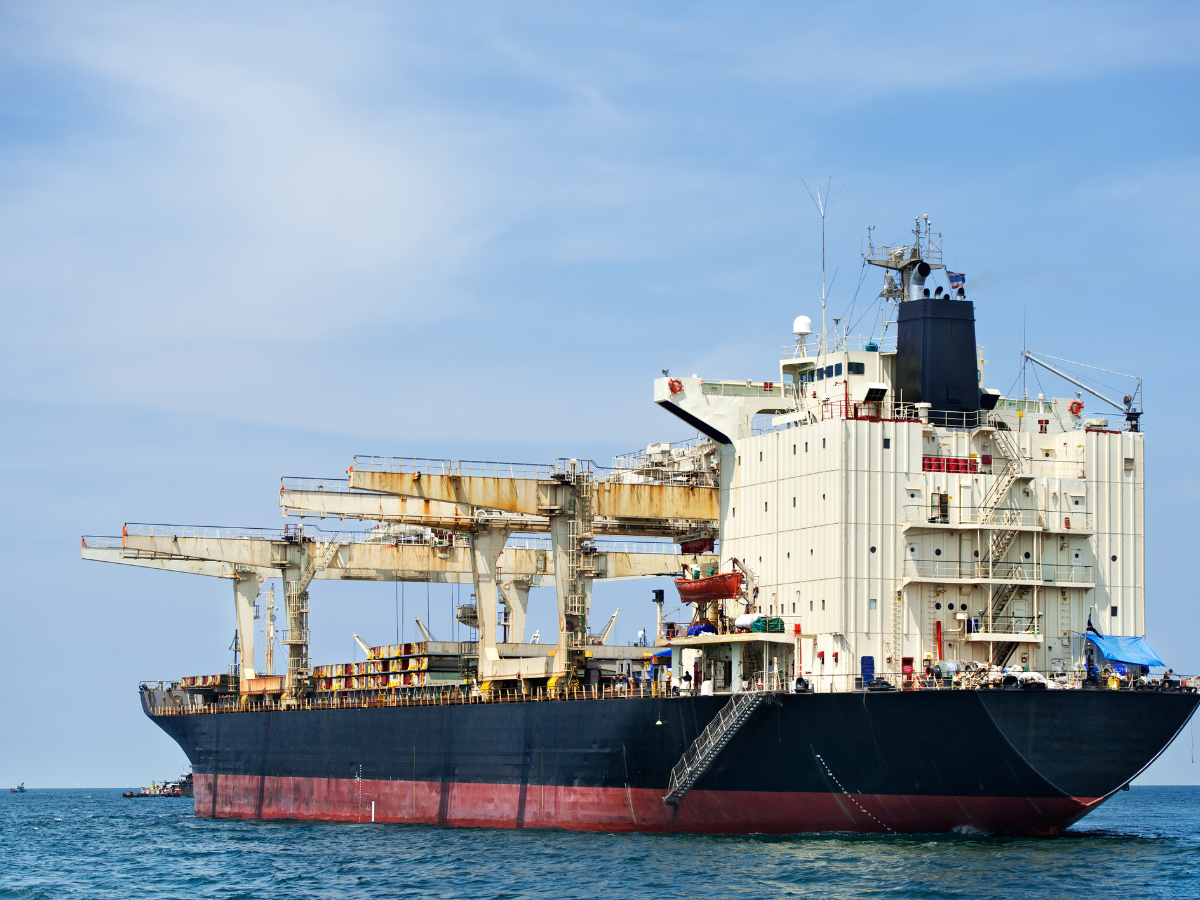Cross-border shipping is the lifeline of global commerce. Whether you’re a seasoned exporter or a budding entrepreneur expanding internationally, understanding international transport and trade agreements is crucial. These agreements shape the rules, responsibilities, and logistics of international trade, ensuring the smooth movement of goods across borders.
If you’re looking for a trusted partner in global logistics, SICSA stands out as a reliable and experienced international transport company. With a reputation for efficiency, expertise, and end-to-end freight solutions, SICSA helps businesses navigate complex trade routes seamlessly. Whether you’re shipping by air, sea, or road, they simplify your journey in the world of international trade freight. Let’s know what you need to know for smooth cross-border shipping international transport and trade agreements.
The Role of Trade Agreements in Global Shipping:
Through formal arrangements, countries establish guidelines that determine their trade activities with each other. These agreements minimize tariffs while doing away with quotas together with simplifying customs procedures which directly affects shipping costs alongside operational efficiency. The world is familiar with three main trade agreements: NAFTA (now USMCA) together with the European Union trade frameworks as well as ASEAN. Through proper understanding and use of these agreements, businesses obtain market access while obtaining competitive benefits that reduce their shipping costs.
Importance of Incoterms in International Shipping:
The International Chamber of Commerce creates standardized trade terms which people call Incoterms for international commerce. The International Chamber of Commerce defines through Incoterms the crucial responsibilities among dealers and consumers all through global transactions along with shipping corporations and acquisition and payment of insurance and documentation in addition to dealing with import obligations. Essential know-how of Incoterms FOB (Free on Board), CIF (Cost, Insurance, and Freight) and DDP (Delivered Duty Paid) allows both parties to lessen errors and disputes even as streamlining their logistical operations.
Customs Regulations and Compliance:
Every country maintains distinct customs policies alongside mandatory documents and customs rate structures under its regulations. Shipping delays and legal penalties wait for anyone who does not follow shipping rules. Border clearance requires exporters and importers to prepare correct invoices alongside proper shipping documents coupled with certificates of origin while following packaging requirements. Working with proficient freight forwarders and customs brokers makes compliance easier while facilitating the entire process.
Impact of Multilateral Agreements and Organizations:
World Trade Organization (WTO) together with the World Customs Organization (WCO) maintain a crucial position by unifying international commercial regulations across all nations. These global organizations provide countries with a system to set trade conditions and handle international business disagreements. Across WTO agreements the main goal remains trade barrier elimination to establish equal conditions for every participant. Businesses can anticipate industry changes more effectively when they recognise how each multilateral framework affects trading regulations.
Choosing the Right Mode of Transport:
International shipping requires the use of four transportation networks which include maritime shipping alongside air transport rail shipment and road transportation. The different transportation systems offer unique expense levels and vary by delivery times and administrative standards. The rate of sea freight remains low because it transports bulk cargoes at reduced prices yet the process takes time whereas airlines manage shipments expeditiously yet their costs remain high. Businesses can enhance their logistics performance by working with trade agreements because these frameworks often improve the speeds of procedures at ports along with lowering tariffs between imported and exported goods.
Risk Management and Insurance:
The practice of international shipping faces various perils including cargo destruction and theft together with delayed delivery and political disruptions. Profitable trade alliances may incorporate dispute resolution methods with protocols that defend shipping interests. Complete cargo insurance becomes necessary for every shipping operation. Risk management effectiveness demands knowledge of these trade routes and destination risks and agreements’ ability to handle or not handle those risks.
Building Strong Logistics Partnerships:
A business must establish trustworthy logistics partnerships to execute successful methods of cross-border shipping. The deep understanding of trade regulations and shipping routes and transport agreements belongs to freight forwarders as well as customs brokers along with third-party logistics providers (3PLs). These experts provide businesses with essential guidance through complex documentation and help them fulfil regulations along with assisting them in escaping typical international trade errors.
Final Thoughts:
In an increasingly globalized economy, the key to seamless cross-border movement lies in understanding the rules that govern it. Whether you’re a small exporter or a multinational, partnering with a professional international transport company like SICSA ensures your cargo reaches its destination efficiently and safely. Staying up to date with trade agreements, Incoterms, and compliance norms helps you gain a competitive edge in the world of international trade freight. In today’s dynamic market, being informed is not just an advantage—it’s a necessity.










